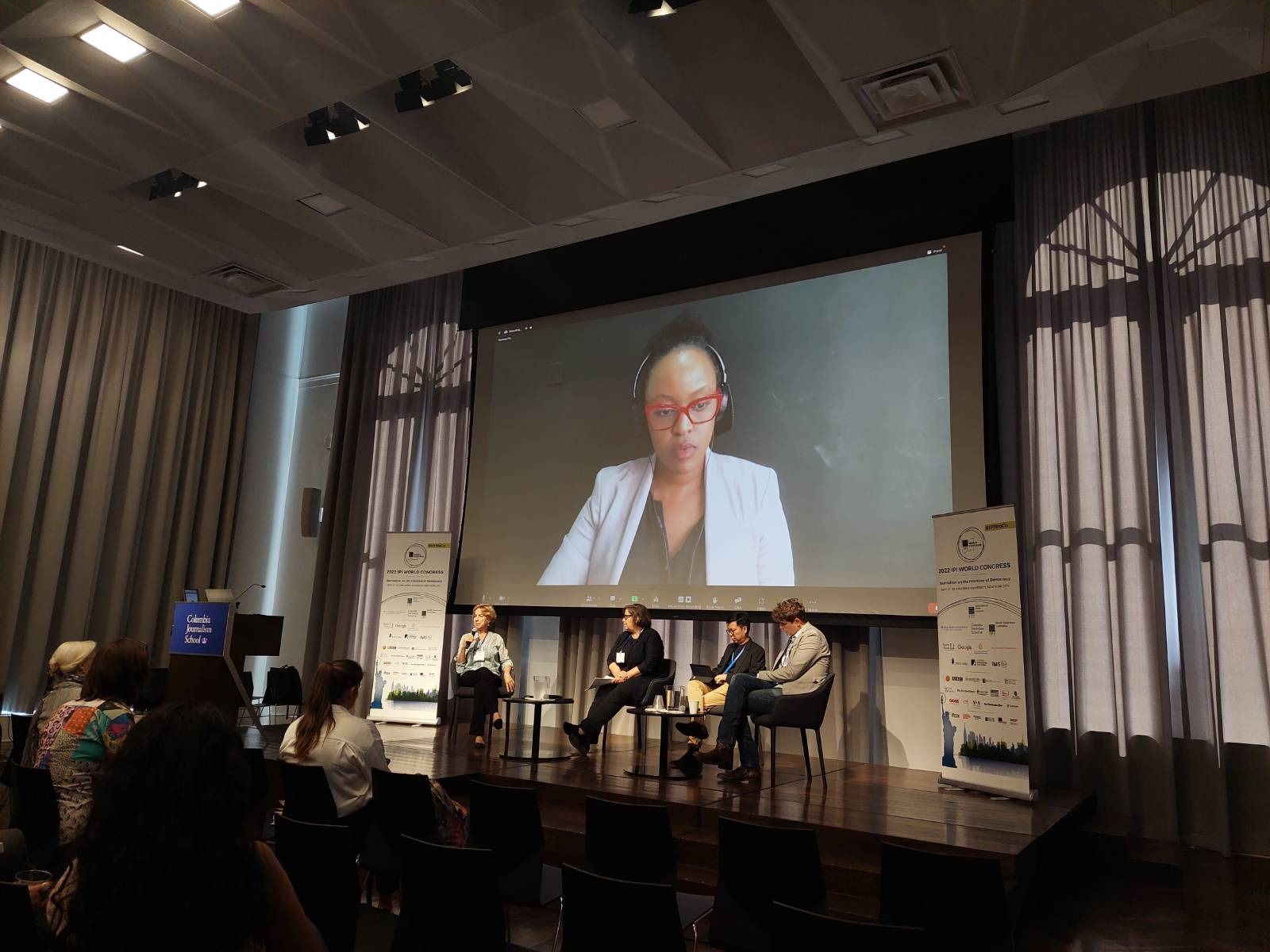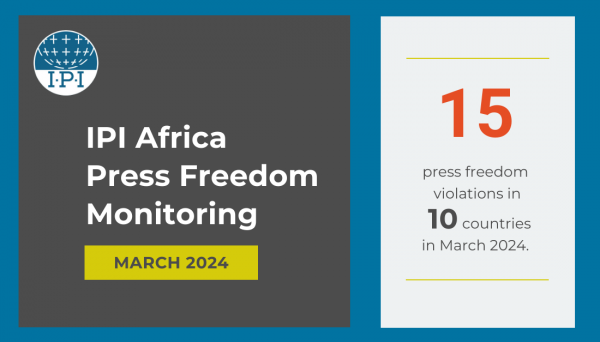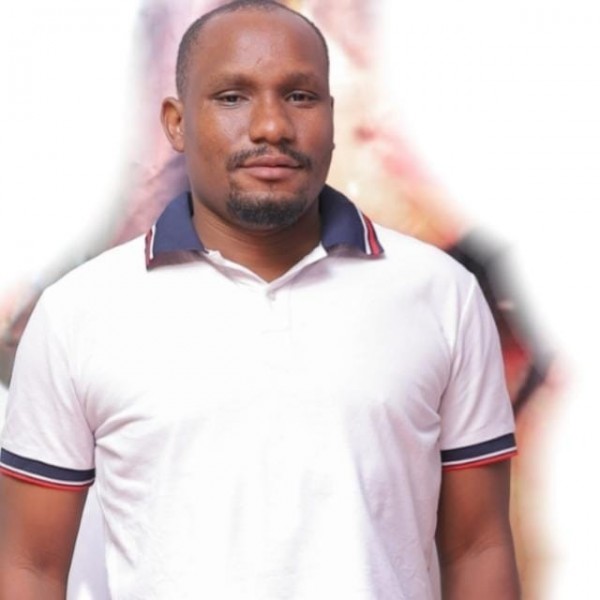There are no easy solutions to fighting dis/misinformation. In addition to training journalists on fact-checking, we should also train audiences to recognize false information, panelists at the 2022 IPI World Congress said on Saturday, September 10. The panel was moderated by Vivian Schiller, the executive director of Aspen Digital at the Aspen Institute, and was presented in partnership with PEN America.
“Training in fact-checking shouldn’t only be reserved for journalists”, Asha Mwilu, the founder and managing partner of Debunk Media in Kenya, said, underscoring the importance of training audiences, as well as journalists, to recognize false information.
However, the issue of disinformation is multidimensional and debunking false information alone won’t solve the problem, the panelists agreed. Jeff Horwitz, technology reporter for The Wall Street Journal, noted that mis/disinformation tends to spread faster than fact-checked articles debunking that information. This is partly due to the shock value of “fake news”.
“Which is more interesting, the Queen of England torturing children or a debunking article saying she didn’t do so?”, Horwitz asked rhetorically. He also pointed out that for many experienced social media users, such a claim is automatically recognized as fake. But many newer users – people who haven’t used the internet much before – have greater challenges in recognizing false information.
“If you add music to a photo, it’s considered a video. And for many people, by default, a video is true”, Horwitz observed.
Similar dynamics have been observed by Metta Dharmasaputra, the co-founder and CEO of the online news media, data, and research company Katadata in Indonesia. In Indonesia, more than half of internet users believe in “hoaxes”, Dharmasaputra said, including in relation to COVID-19. “We had the issue of the Indonesian government not really believing in COVID, with the health minister saying it’s not real”, Dharmasaputra told the Congress.
The panelists agreed that one way to fight dis/misinformation is to demand transparency and accountability from social media platforms. The panelists mentioned TikTok multiple times when speaking about platforms favorable to the spread of false information and polarizing content, though Mwilu also described an experience in which TikTok was responsive when she asked the company to take down fake content.
Panelists also suggested that one way to fight false information is to try to understand it: Where does it come from and how does it spread? Horwitz noted that when a person is sharing false information, it doesn’t necessarily mean the person believes it. “What their community is saying, that’s what they’re spreading”, he summarized. Another way is to look at how false information is moving between platforms: Where does such information start and where is it shared? How does the material spread across networks?
The effects of false information have also been felt in newsrooms, Dru Menaker, the chief operating officer of PEN America, said. According to a recent survey by PEN America, many U.S. journalists are feeling overwhelmed and frustrated with regards to false information, with many reporting actively spending time debunking mis/disinformation. This includes fear regarding the impact of disinformation campaigns directed against them. “17 percent of the respondents reported having chosen not to report on a story they were interested in for fear of backlash discrediting their work”, Menaker said. Though newsrooms have tried to react to the issue, they’re struggling to find the best strategies, the survey found.
What is clear is that disinformation is a global issue, and often an everyday battle. “It’s a bigger crisis in countries like Kenya, where politicians are also calling the media fake news”, Mwilu said. “I think being branded as fake news does something to newsrooms.”
And the consequences go far beyond the media, driving polarization and mistrust in society.
“We can do fact-checking, but our societies also have a problem of distrust in institutions and in the media and something needs to be done about this”, Mwilu said.



